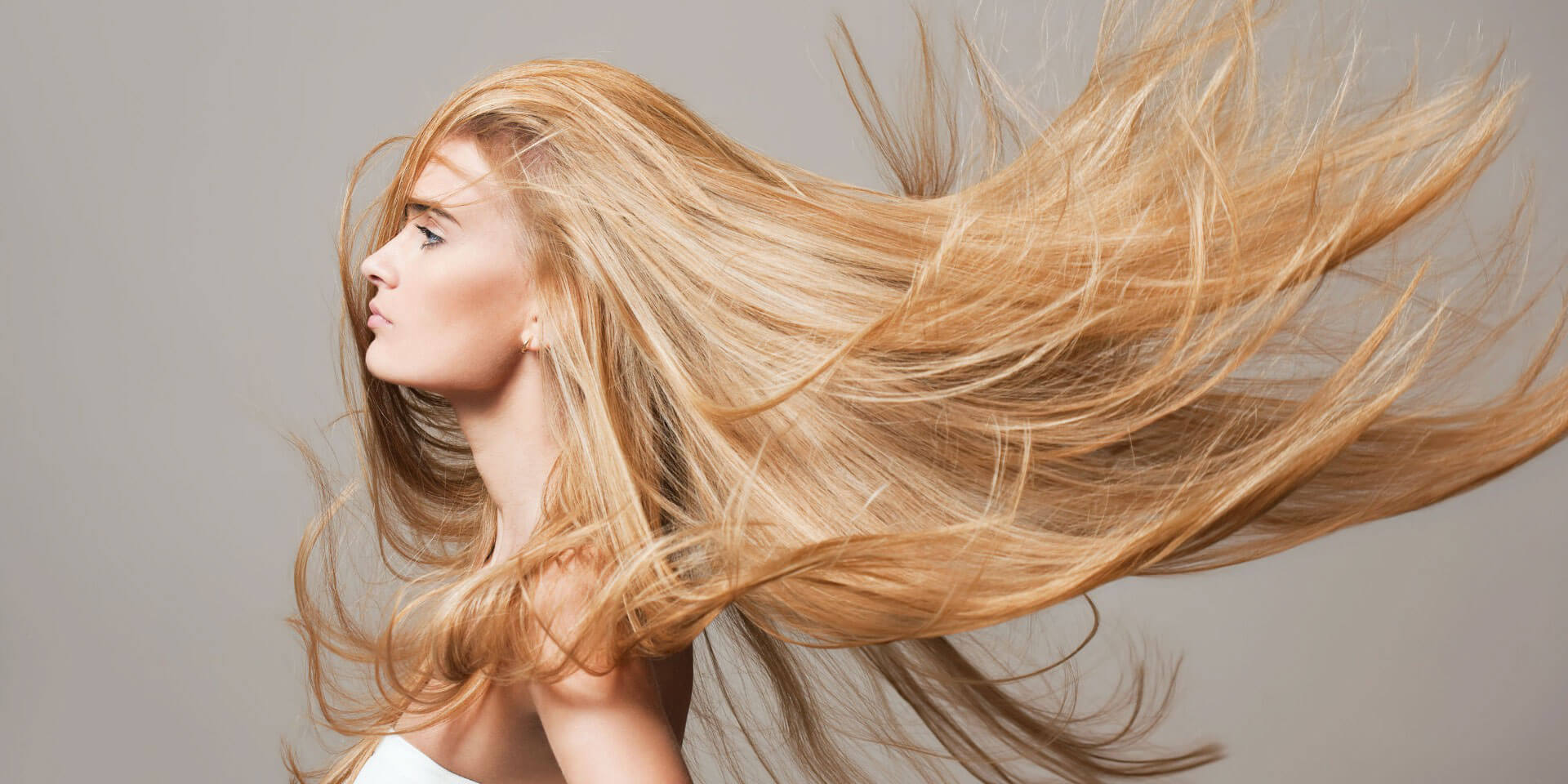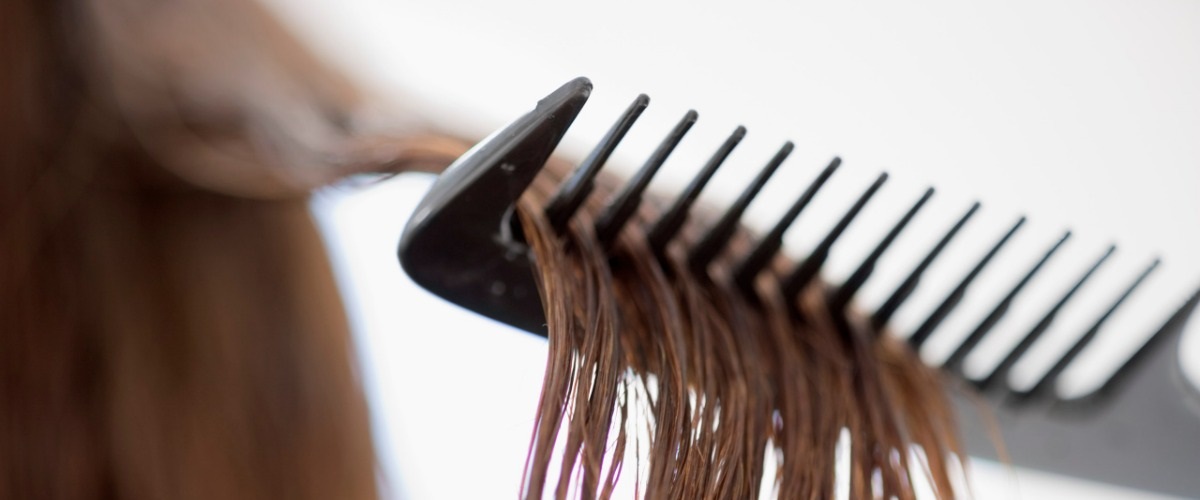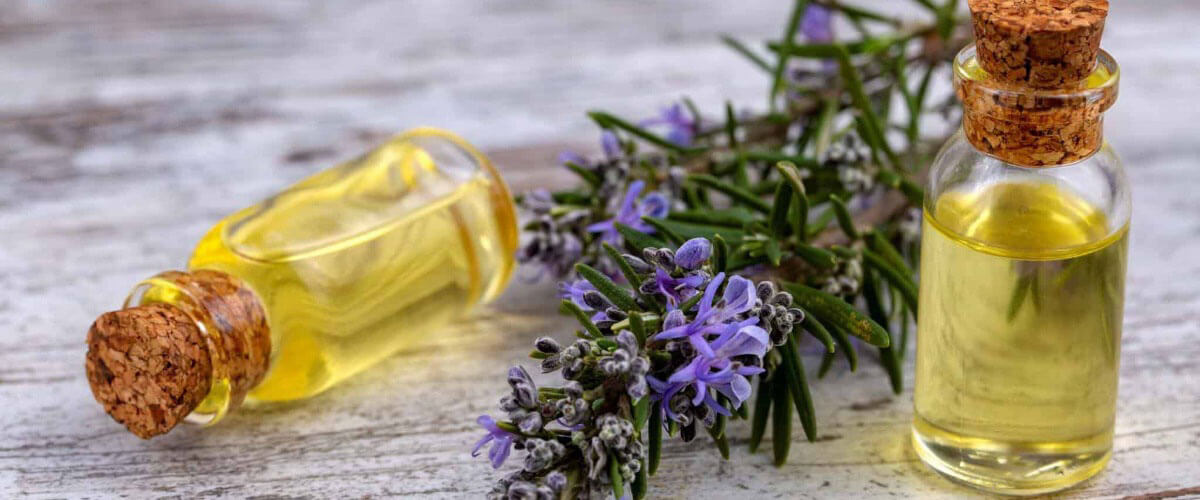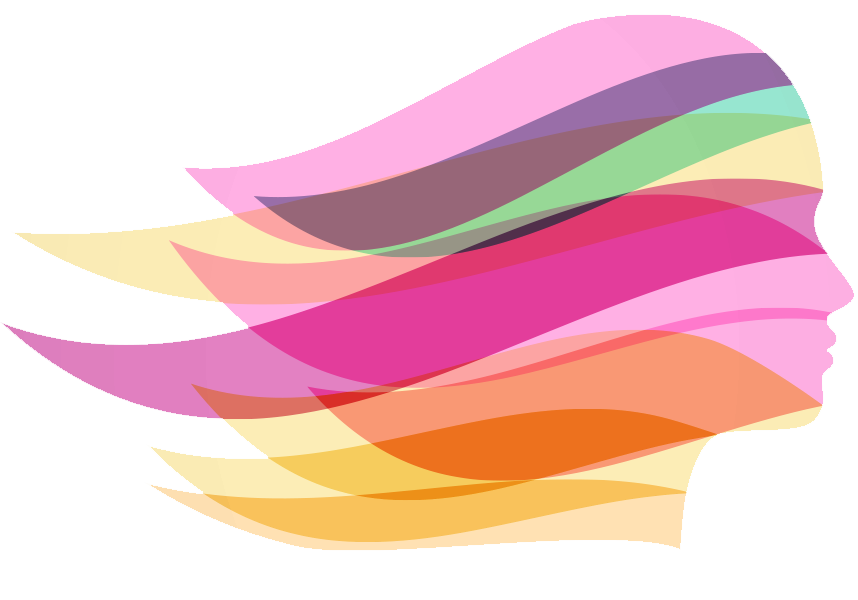How to care for your natural hair daily?

Let’s begin by saying that natural hair is usually more susceptible to damage and breakage in comparison with other hair types. It is because it can be very sensitive to products and styles that are not meant for it, which can lead to further consequences. Besides, natural hair can be very dry and brittle, making it more likely to break and damage easily.
Here are some tips to keep your natural hair health
- Avoid excessive heat styling. It can lead to breakage and damage. If you must style with heat, use a quality heat protectant product and be sure not to overdo it.
- Be mindful of your hair when brushing and detangling – take care not to be too rough in order to avoid breakage.
- Washing your natural hair is very important to keep it healthy and free from build-up. When washing your hair, use a mild shampoo that is right for your hair type. For example, if you have dry, brittle hair, look for a shampoo designed specially to hydrate and nourish your hair. The good idea is to make sure that the shampoo is sulfate-free. Sulfates can be harsh on natural hair, stripping it of its natural oils and leaving it feeling dry and brittle.
- Keep your hair hydrated. It means using a good conditioner or deep conditioning treatment regularly. You can also use an express conditioner. Hair express conditioner is a hair care product that can help improve your hair condition. It is designed to help add moisture and shine to your hair while also helping to protect it from damage.
- Invest in quality hair products. It doesn’t mean you have to spend a lot of money, but be sure to get products specifically designed for natural hair.
- Get regular trims. It helps to keep your hair healthy and prevent split ends.
Following these simple tips can keep your natural hair healthy and strong.
How often should I wash my natural hair?

It is a difficult question to answer since it varies based on individual hair type, scalp condition, and personal preference. That said, most people with natural hair wash their hair anywhere from once a week to once a month. If your hair gets oily or dirty more quickly, you may need to wash it more often. Conversely, if your hair tends to be dry or brittle, you may only need to wash it every few weeks. The best idea is to experiment and see what works best for your hair type.
How to brush natural hair to avoid its damage?
When brushing natural hair, be sure to use a wide-toothed comb to avoid damaging the hair. Start at the bottom of the hair and work your way up to the roots. Be careful not to pull too hard on the hair, as this can cause breakage. If your hair is particularly tangled, you may need a conditioner to help loosen the knots. When combing out your hair, be sure to hold the sections of hair gently to avoid tearing the hair. Once you have brushed out all the tangles, you can proceed to styling your hair as desired.
Should I use essential oils for my natural hair?

Most people find that using essential oils can benefit their natural hair. Essential oils can help to nourish and condition your hair and can also help to keep your scalp healthy. If you decide to use essential oils on your natural hair, be sure to do your research and choose oils known to be beneficial for hair health.
For instance, if your hair is dry, try to add a few drops of lavender oil in your conditioner. In this way you can hydrate and nourish your hair, making it softer and smoother. If you suffer from an oily scalp, consider tea tree oil, which helps control sebum production and keep your scalp in healthy condition.
You can use essential oils for your natural hair every day. Just be sure not to overload your hair with oil, which could lead to greasiness. Too much oil can end up causing more harm than good. Instead, a few drops should suffice. You can also add a few drops of essential oil to your hair care products, including shampoo or conditioner for an extra boost of nourishment.
